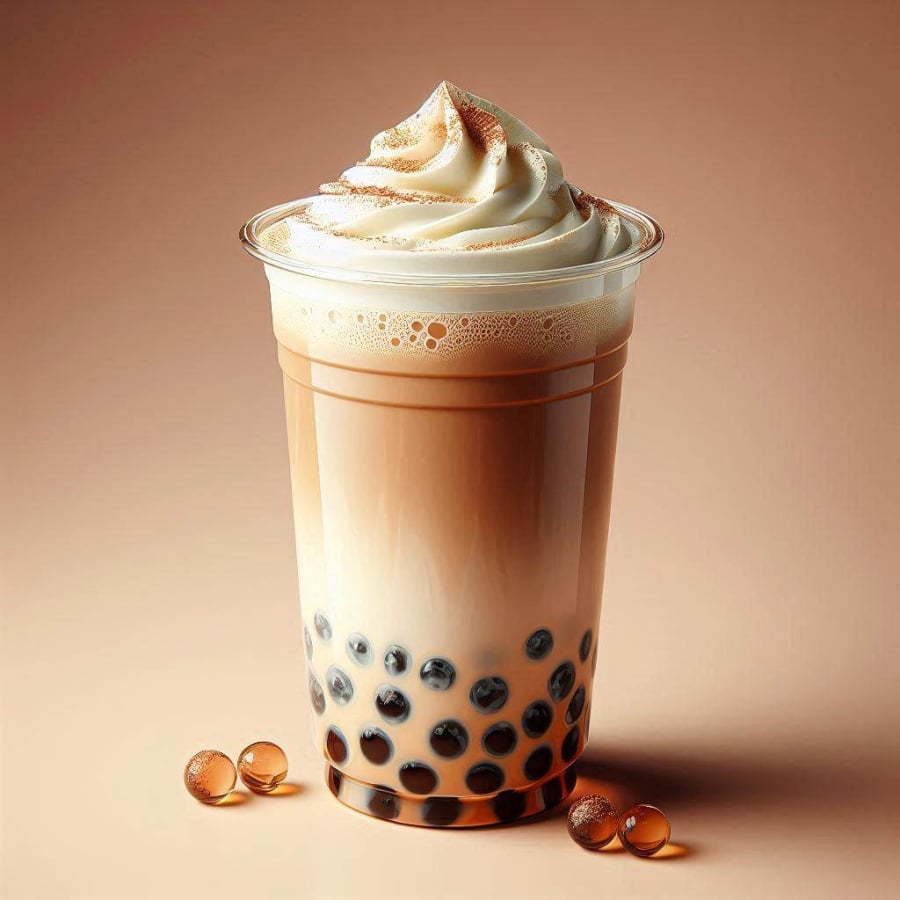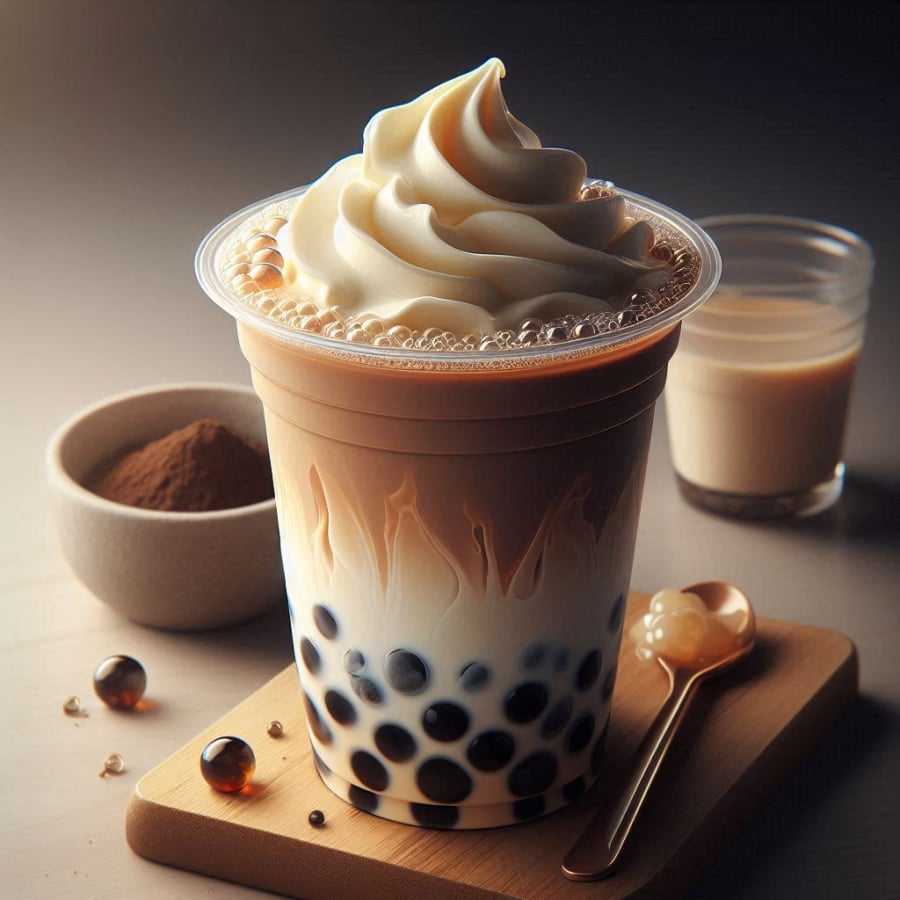Bubble tea is a popular drink among many people due to its sweet taste and chewy tapioca pearls. However, this beverage also poses potential health risks, especially to kidney function.
High sugar content damages the kidneys
Bubble tea often contains high levels of sugar, easily exceeding the daily recommended intake. According to the American Heart Association (AHA), women should not consume more than 25g of sugar per day, while the number is 36g for men. However, a cup of bubble tea typically contains 30 to 60g of sugar.
Consuming excessive amounts of sugar can lead to obesity, type 2 diabetes, and insulin resistance—all significant risk factors for chronic kidney disease. When blood sugar levels remain elevated over an extended period, the small blood vessels in the kidneys can be damaged, affecting their ability to filter toxins and leading to long-term kidney issues.

Excessive sugar consumption can lead to obesity, type 2 diabetes, and insulin resistance, all of which are significant risk factors for chronic kidney disease.
Dehydration increases the risk of kidney stones
Many regular bubble tea drinkers may neglect their water intake. Maintaining proper hydration is crucial for kidney function and diluting substances in urine. When the body is dehydrated, urine becomes more concentrated with minerals like calcium, oxalate, and uric acid, increasing the likelihood of kidney stone formation.
A recent case in China drew attention when a 20-year-old woman was hospitalized for severe lower back pain and difficulty urinating. Upon examination, doctors discovered over 300 kidney stones, which required surgery for removal.
According to Strait Times, the patient admitted to drinking bubble tea daily for two years. Dehydration, combined with the high sugar content and additives in bubble tea, can increase mineral concentrations in urine, leading to kidney stone formation.
Caffeine can harm kidney blood vessels
Bubble teas made with black or green tea often contain significant amounts of caffeine. Excessive caffeine consumption can lead to high blood pressure—a serious risk factor for kidney health as it can damage kidney blood vessels over time.
Additionally, caffeine is known to have a diuretic effect, which can lead to dehydration and further increase the risk of kidney stone formation.

Caffeine acts as a diuretic, which can lead to dehydration and increase the risk of kidney stone formation.
Tapioca pearls and their digestive impact
The tapioca pearls in bubble tea are typically made from starch and offer little nutritional value. Some researchers have expressed concerns about the long-term health effects of chemical additives in these pearls.
Moreover, tapioca pearls add to the overall sugar and calorie content of the drink, leading to other potential health risks. Overconsumption of these pearls may cause digestive issues, leaving one feeling uncomfortable, and complications may arise.
How to Enjoy Bubble Tea Safely
To protect your kidney health, Healthline recommends the following:
– Reduce consumption frequency: Enjoy bubble tea occasionally, rather than making it a daily habit.
– Lower sugar intake: Opt for less sugar or sugar-free options, and avoid high-calorie toppings.
– Stay hydrated: Ensure proper hydration to protect kidney function and prevent dehydration.
– Monitor caffeine intake: Limit the consumption of strong tea, especially if you have a history of kidney problems.
































